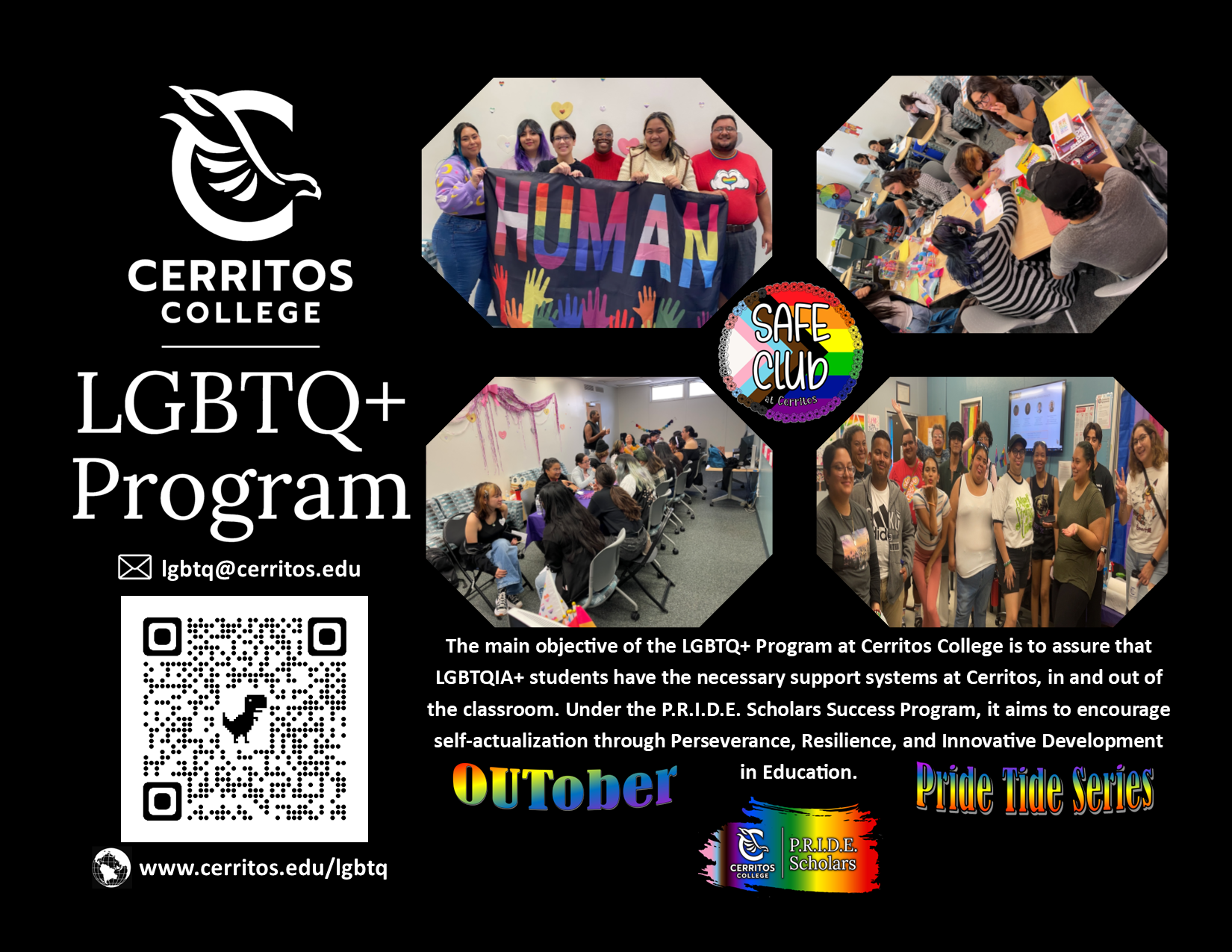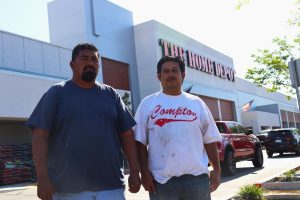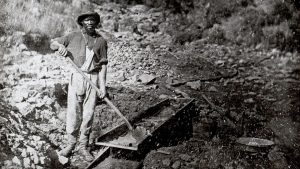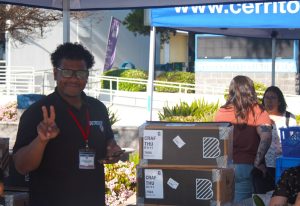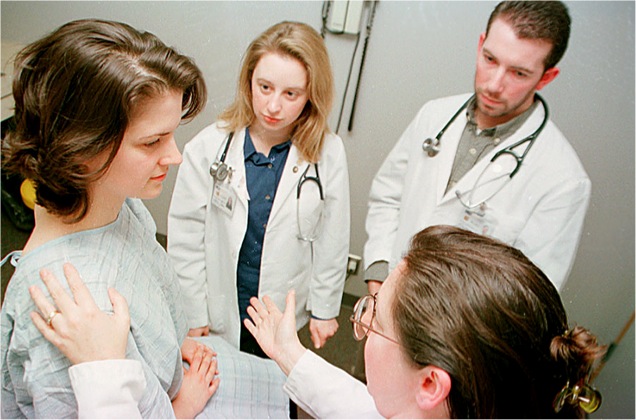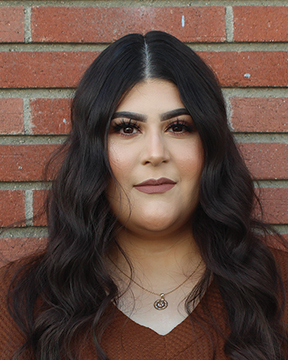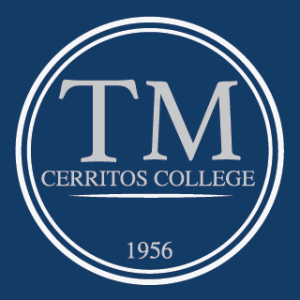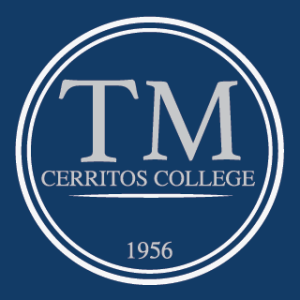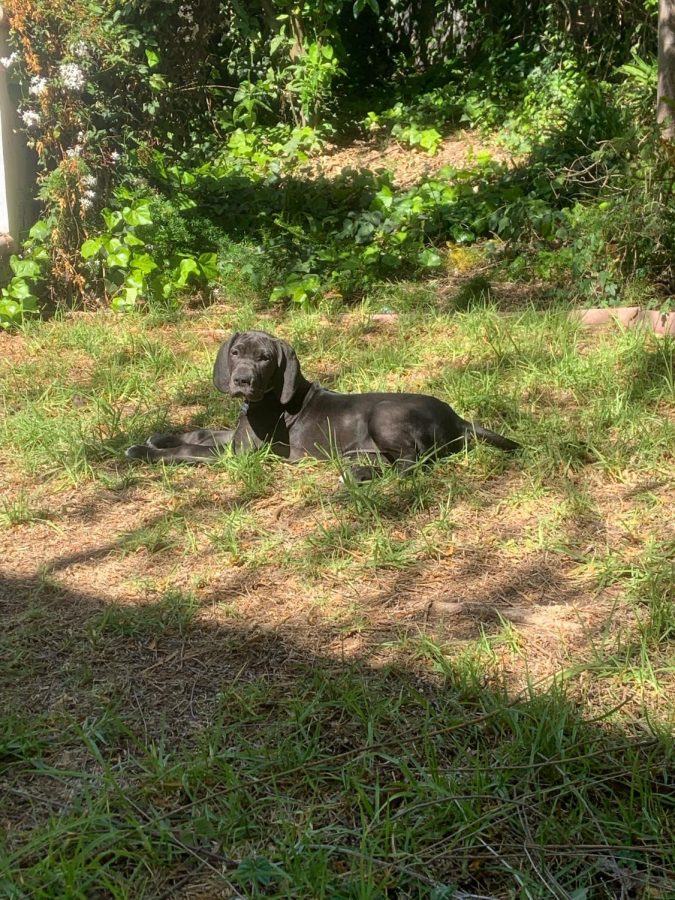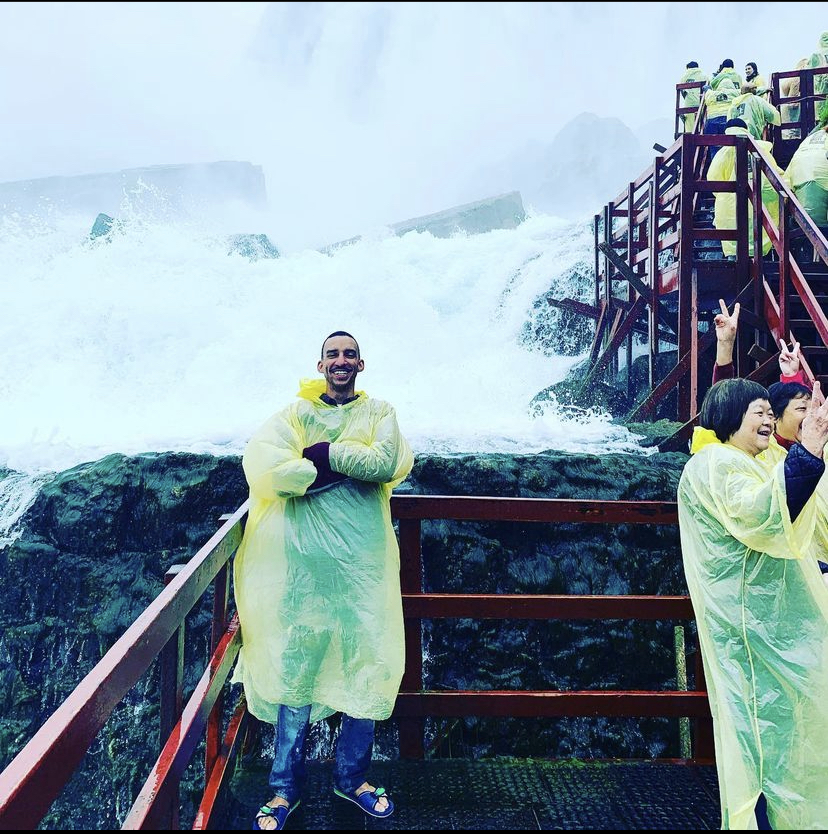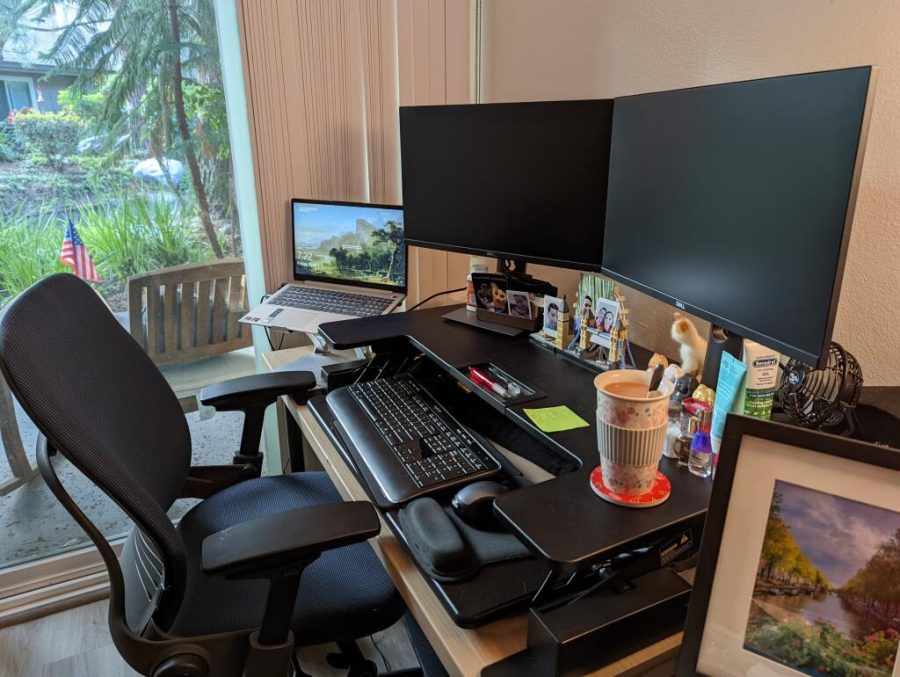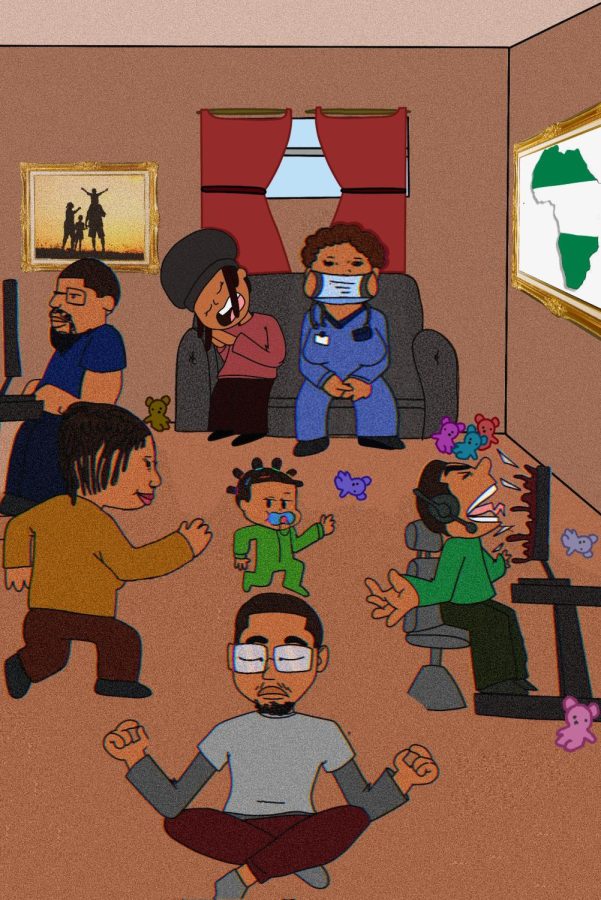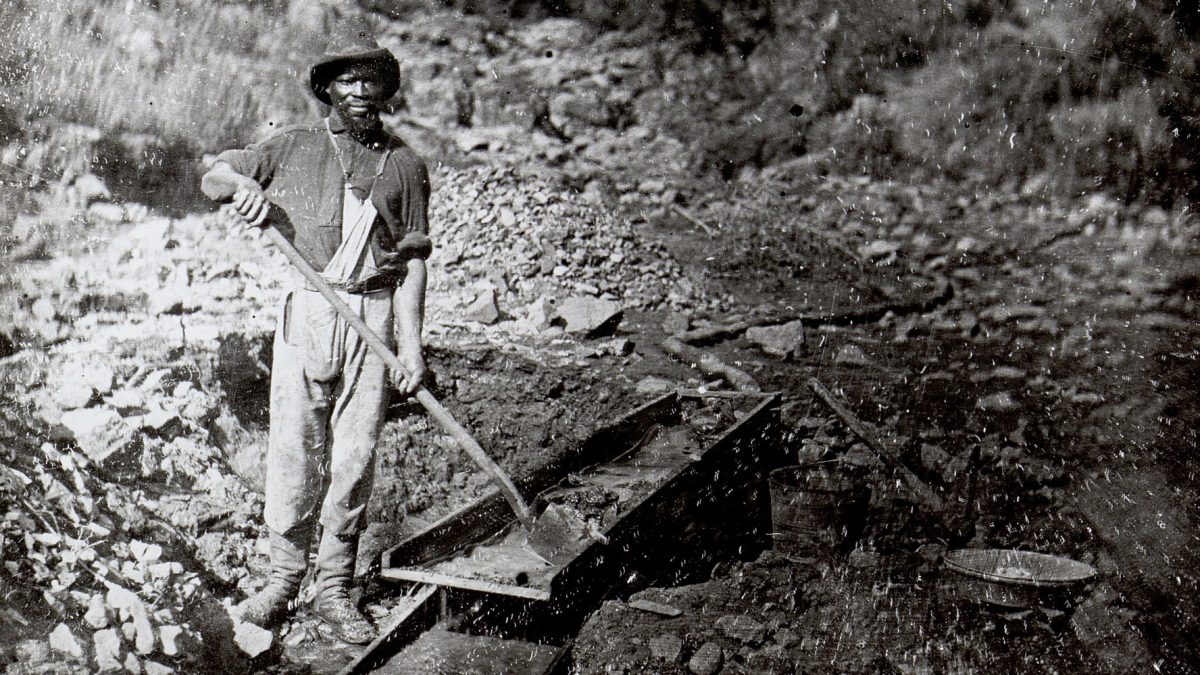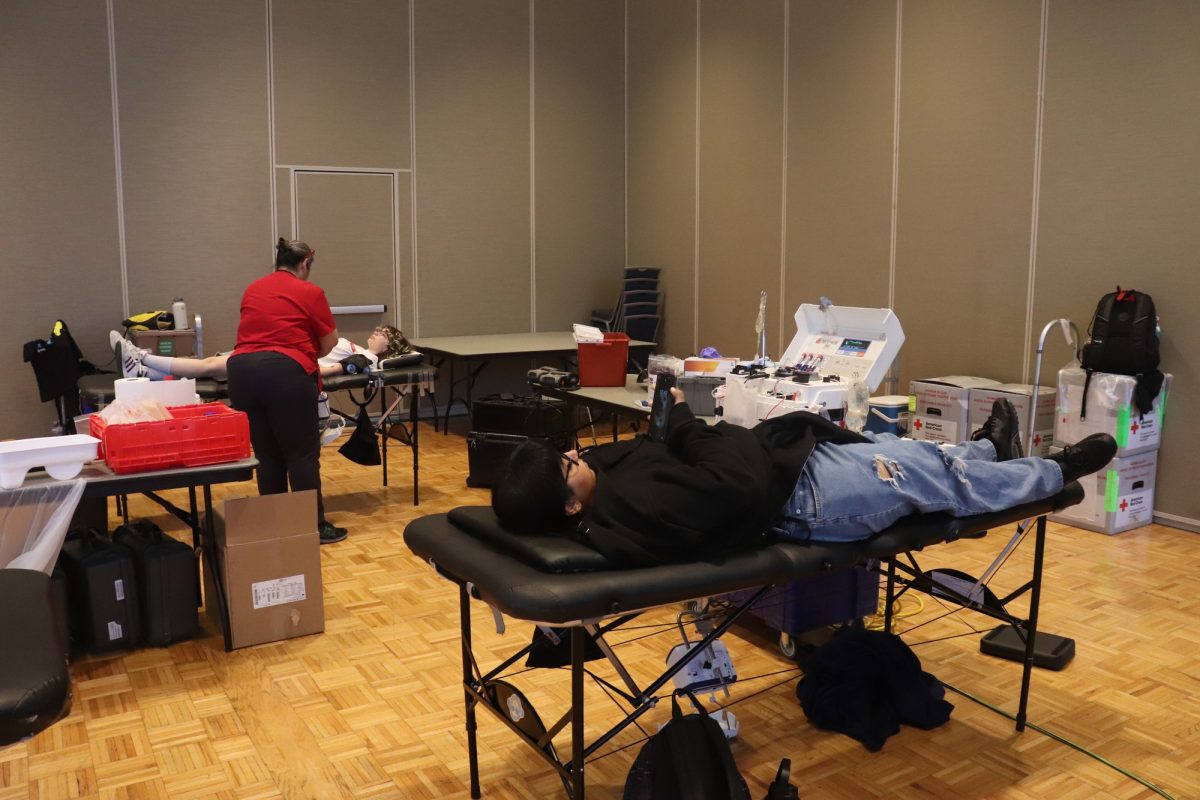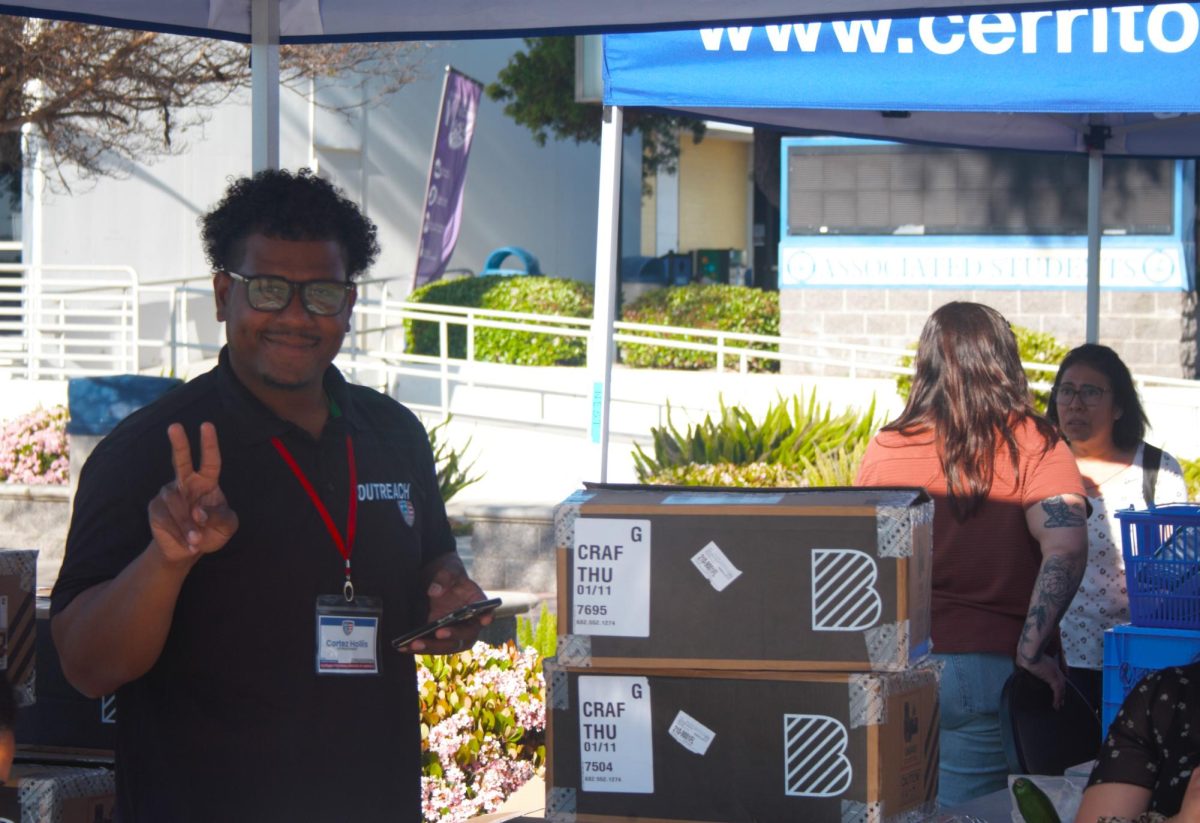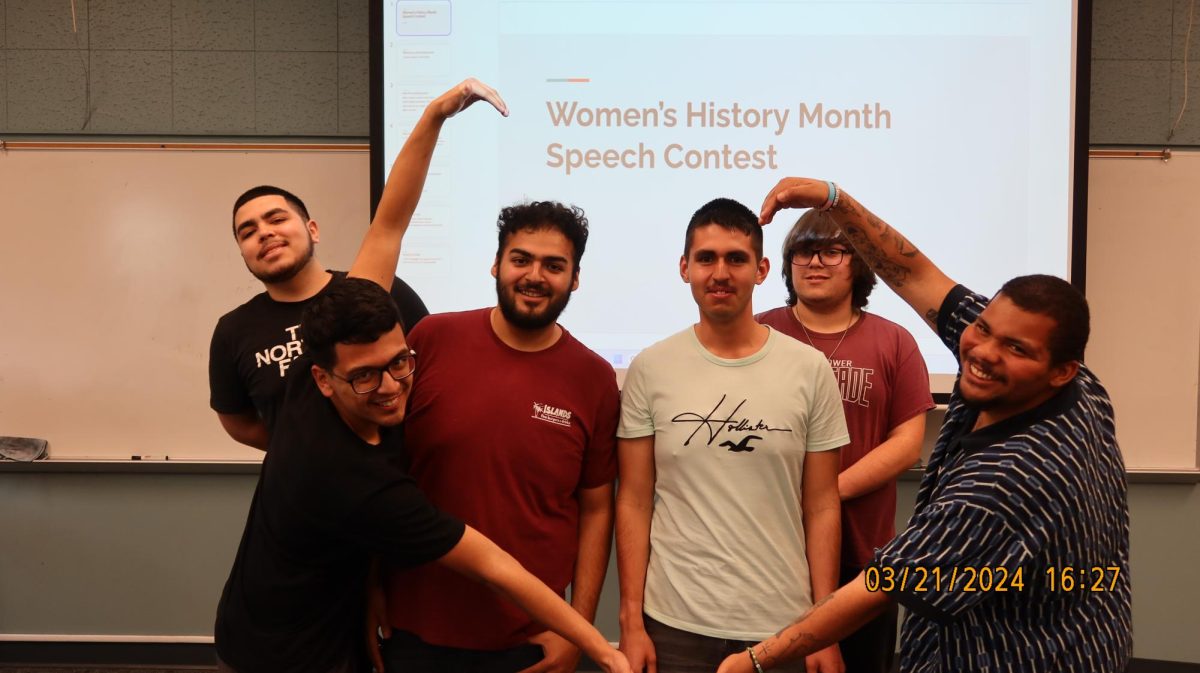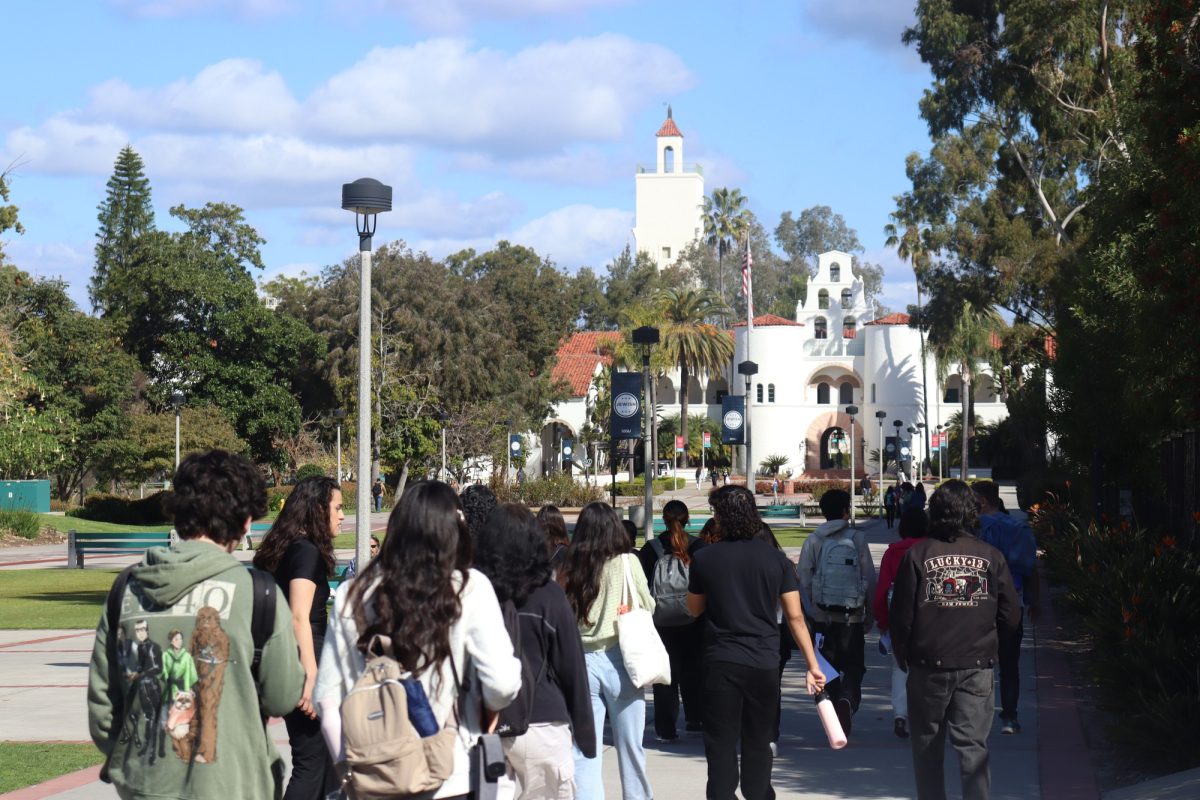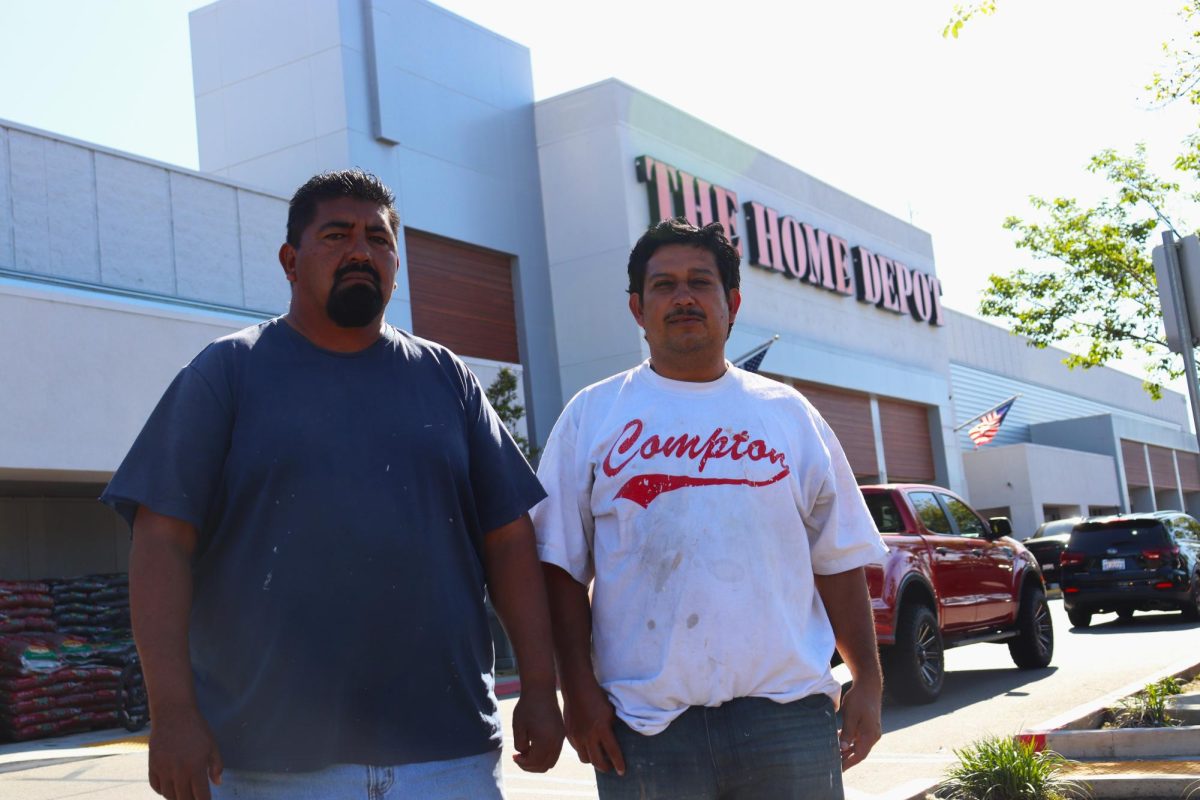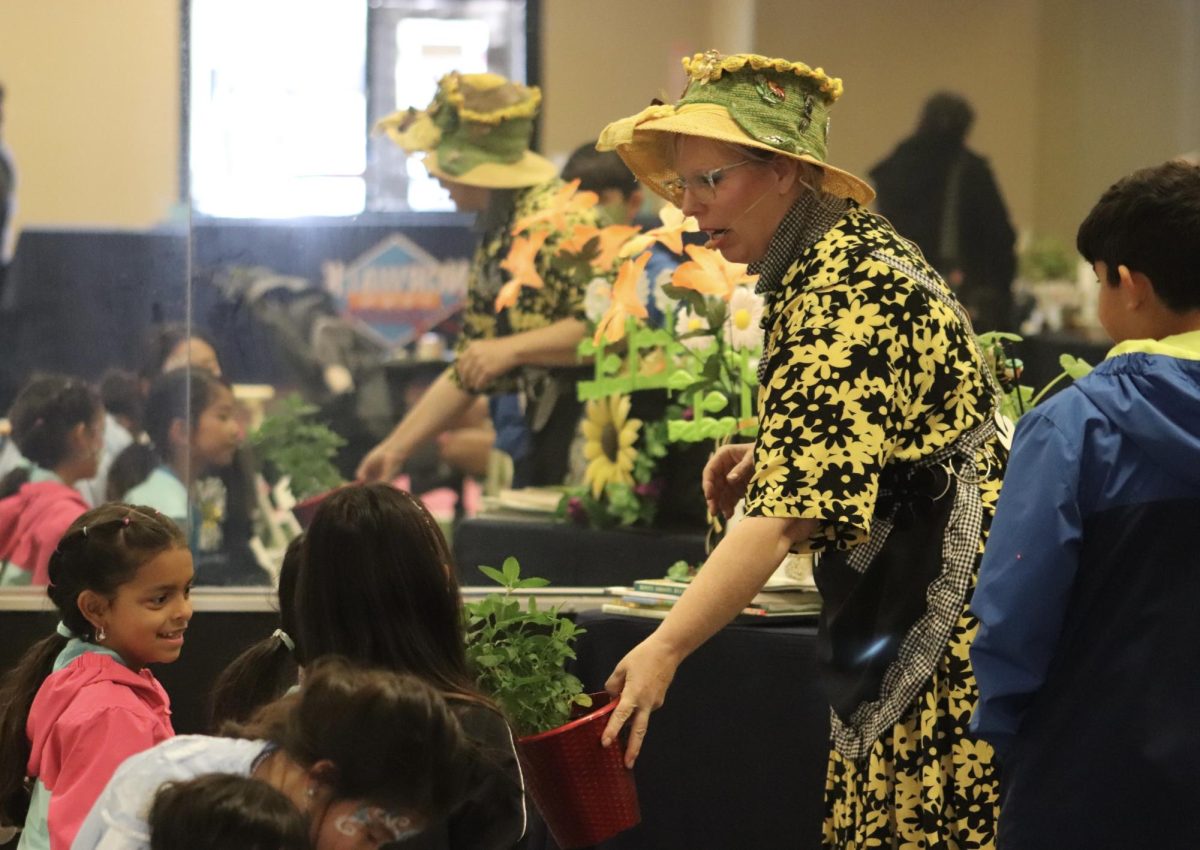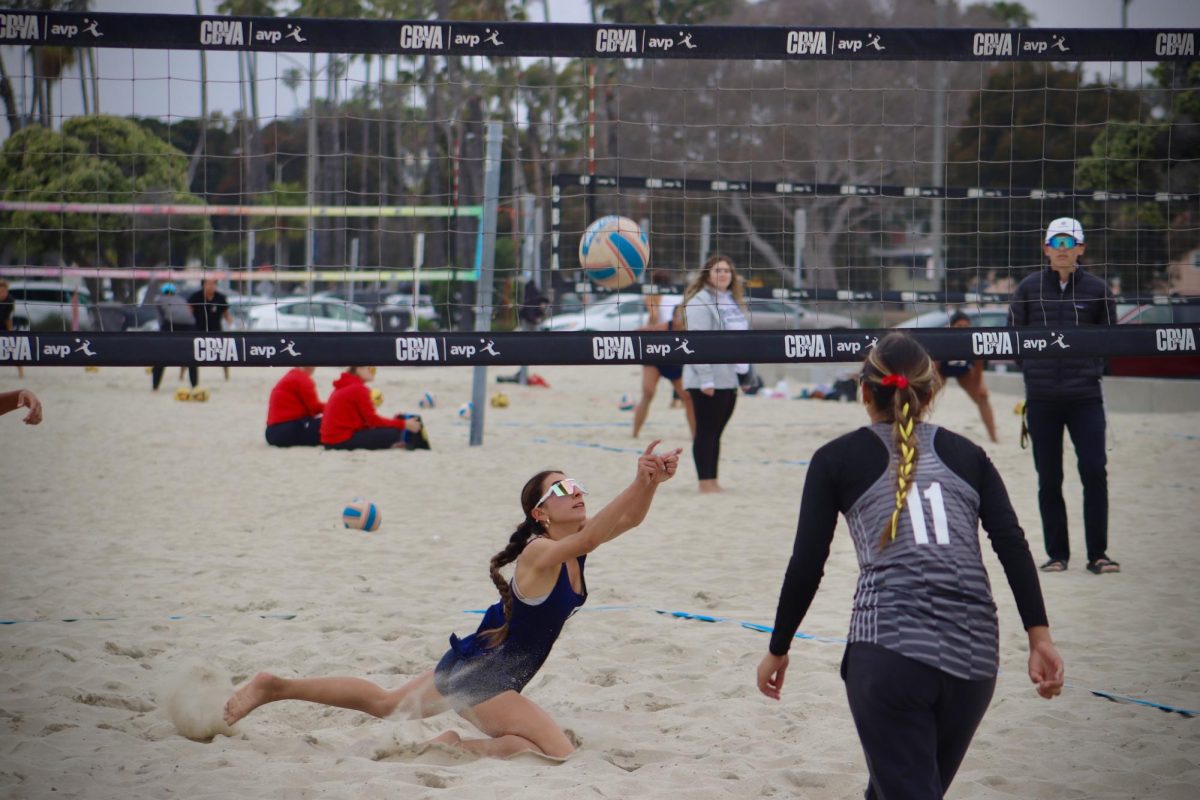“Every step of the exam, I’m explaining to the patient what I’m going to do and I’m asking them, is that okay? So I got consent in the beginning, but then during the exam I’m constantly gaining that consent and giving that patient the option, giving them that power back to say yes or no,” said Jennifer Rivera a forensic nurse during the Forensic Nurse Workshop on April 8.
The workshop was the first of the list of events held for the Cerritos College Sexual Assault Awareness Month April 2020. Even though it was held through Zoom due to COVID-19, it had a presence of 13 students tuned in.
Angel Gray, a campus victim’s advocate and YWCA-Greater Los Angeles advocate, hosted the workshop along with Jennifer Rivera.
Forensic nurses are registered nurses and nurse practitioners that are on 24-hour call to perform expert medical forensic examinations for victims of sexual assault.
Rivera explained that the Sexual Assault Response Team is a coordinated interdisciplinary intervention model between law enforcement, the crime lab, prosecution, medical and advocacy experts to meet the forensic needs of the criminal justice system and the medical and emotional needs of the sexual assault.
Rivera works for the company Forensic Nurse Specialist which have six different sites: Anaheim Regional Medical Center, Long Beach SART and Torrance SART which are both private medical office suites, San Pedro Little Company of Mary, Whittier Presbyterian Hospital, Pomona Valley Medical Center.
“Our mission as a company is to provide quality state of the art medical exams to victims of sexual assault in an objective yet compassionate and sensitive manner and present accurate professional witness testimony in court,” Rivera said.
Sexual assault nurse examiners are certified to perform physical and psychological assessment, collect and document physical and laboratory evidence, provide health information and referral, and present that expert witness testimony in court.
Rivera explained the two forensic exams that are available for sexual assault victims are the “Usual” SART exam and the “VAWA.”
“Usual” SART exams are forensic exams that have been authorized by law enforcement for prosecution purposes meaning the police must be involved and is free of cost for the survivor.FNS currently provide service to over 60 law enforcement agencies throughout LA and Orange counties.
However, there is a provision if a victim wishes to not have law enforcement involved and that exam is called a “VAWA” (Violence Against Women’s Act). The exam is the same as the regular reported exam and free of cost, it is also known as “non-reported exams,” “abbreviated exams,” or “restricted forensic medical exam.”
Those victims who decide to have a VAWA exam do not need to report it to the police and the evidence is kept safe for prosecution purposes in case they want to report it in the future. The survivor is given a report number if they later decide to prosecute.
Rivera stated that most of the VAWA cases come from rape crisis hotlines which includes YWCA.
“If we have someone who might be confused and not sure if they want to prosecute, maybe they would maybe someday they would, this would be probably the exam for them,” Rivera said.
Some important points nurses have to disclose to a victim that decides to have a VAWA exam is that they will be giving up a police report, by not talking to law enforcement they will possibly give up crime scene and they are giving up interviewing of witnesses. With the case lacking these details it makes them difficult cases to prosecute.
“The advocates on the other end of the hotline, like myself, whether it’s after hours or during work hours they call in, we ask the questions that the nurses have trained us ask and we give them their options in one of which the VAWA exam is included, and if that’s the route they want to go, then we connect them with the forensic nurses,” Gray said.
Rivera mentioned that before having the SART system the routine a sexual assault victim had to go through in the ER was not the best as it was very time consuming and the victim had the give the testimony multiple times.
Now with SART Rivera explained it goes as follows, the victim will call 911 or show up to a police station or an ER. Then a brief report is taken so they can determine if a crime was committed and the police will take the victim to the closest SART site.
To minimize the amount of times someone might have to tell their story, law enforcement and the nurses will do their interviews at the same time.
In the site, the interview takes about 30 to 60 minutes, forensic examination and discharge instructions about the same of about 30 to 60 minutes.
The nurse finishes documentation, drys the evidence, and packages and labels everything. The report and the evidence is given to the police to book so the total approximate victim time is anywhere from two to three hours.
In the state of California once a person reaches the age of 12, they can legally consent for the exam, collection of evidence, pregnancy prevention and STD prevention. As long as they can understand what is being said and asked to them, a parent doesn’t need to be present if they do not want to.
The victim is always encouraged to have a support person with them but Rivera does not encourage parents to be present as that can have an impact on honesty when it comes to sensitive, private questions.
Rivera mentioned that their greater victim populations they have served are adolescents, adults who are mentally ill or homeless, and those with drug addiction.
SART follows the California State protocols for sexual assault for evidence collection.
Rivera explained they follow protocols by having every swab or piece of evidence must be specifically labeled, the victim always has the option of consenting to each step of the examination process, and the nurse has to be informing and explaining the patient of every process.
Where the nurse collects the evidence from depends on the history given, “If a victim tells me he kissed my neck, I’m obviously going to swap her neck, now if there is no history we collect what’s called the comprehensive collection,” Rivera said.
Rivera shared some of the ways evidence is collected. Nurses take body photography’s of all external body injuries as well as documented. Collection of clothing depends on the history but they are inspected for any tears, stains and debris.
A Wood’s lamp exam is used to detect additional biological evidence, “we turn off all the lights and look at all of their skin, so anything that glows is considered a positive sample and is collected and it’s submitted to the crime lab,” Rivera said.
Q-tips soaked with sterile water are rubbed in a rotating fashion onto the skin picking up either skin cells from touched DNA, semen or saliva. As far as ano-genital evidence, Rivera emphasized they can collect vaginal samples with or without a speculum.
“One of the biggest reasons why I wanted to do this presentation for Cerritos College and why I wish I could do it for every college is people think it is this horrific, painful, horrible experience and it can be uncomfortable but the patient is in charge of what they do or don’t want to do,” Rivera said.
Gray explained her role throughout the process and exam which as an advocate she is there for it all.
When 911 or law enforcement is typically notified first, either the nurse or law enforcement will notify an advocate and whoever is on call will report to the hospital to meet the individual and are there during the entire process.
“My role there is just to support them in any way possible, I’m very big on behavioral cues, whether they’re cold or too hot, whether they’re tired, if they just need a moment to collect themselves collect their thoughts, whatever the case may be,” Gray said.
During the exam portion the victim always has the option if they want an advocate with them, “I try and reassure them, I don’t see anything personal, I don’t see them without their clothes on, the nurses are going to protect their bodies as best they can and I’m just there for support
“It’s nice to have someone there to talk to, to help kind of take your mind off of everything that’s going on and so that’s what I try and do just talk about anything… a happier thought than having a rape kit done,” Gray said.
The advocate also makes sure the victim has all the resources they need for the aftercare and additional help.
YWCA-GLA 24-hour crisis hotline- (877)943-5778

